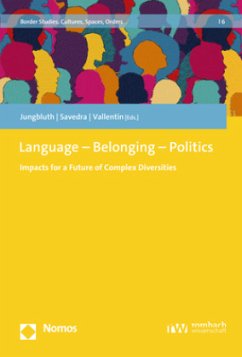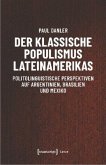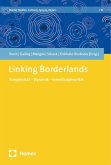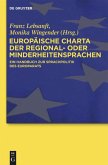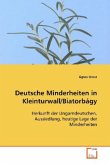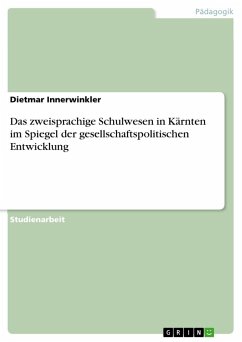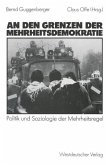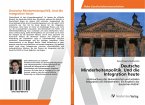The premise of the contributions to this book is to conceive languages, groups and belonging in terms of social, symbolic and spatial boundaries. In language contact situations especially, linguistic and social inequalities deeply interconnect with shifting boundary formations that can promote or impede the political, social and linguistic recognition of minorities. This book offers a culturally and linguistically informed approach to border and boundary studies using conversation analysis, ethnography and studies of linguistic landscapes in language contact situations in the Romance world. The book promotes plurilingualism as an epistemological given and thus advocates a future of complex social and linguistic diversity. With contributions byKarolin Breda, M.A.; Prof. Dr. Gredson dos Santos; Dr. Mario Gaio; Prof. Dr. Konstanze Jungbluth; Dr. Giulia Pelillo-Hestermeyer; Dr. Jan Pöhlmann; Prof. Dr. Kanavillil Rajagopalan; Prof. Dr. Mônica Maria Guimarães Savedra; Dr. Reseda Streband Dr. Rita Vallentin.
Bitte wählen Sie Ihr Anliegen aus.
Rechnungen
Retourenschein anfordern
Bestellstatus
Storno

